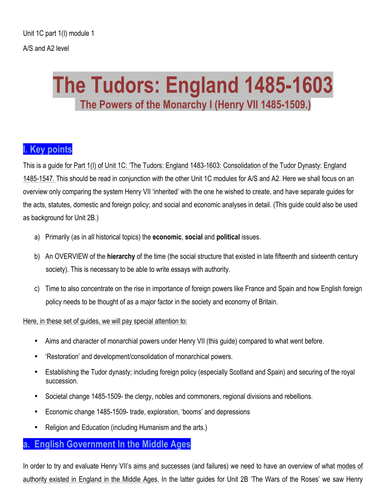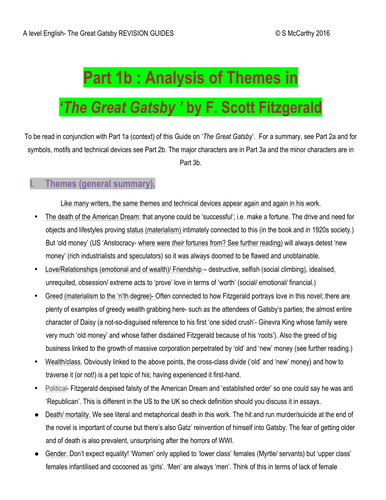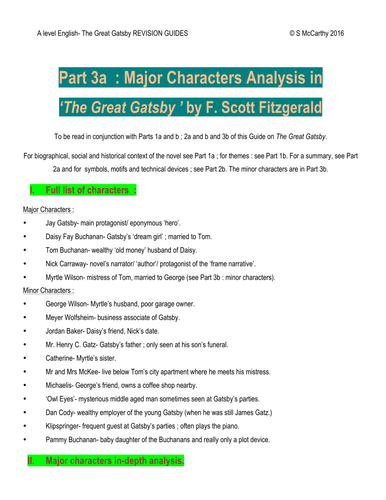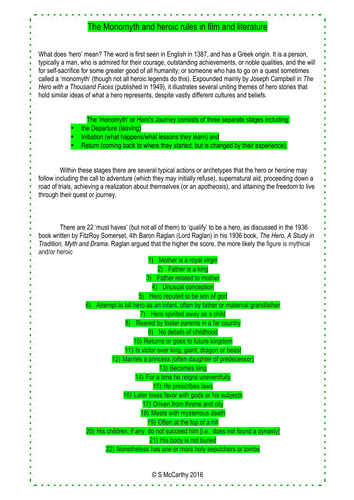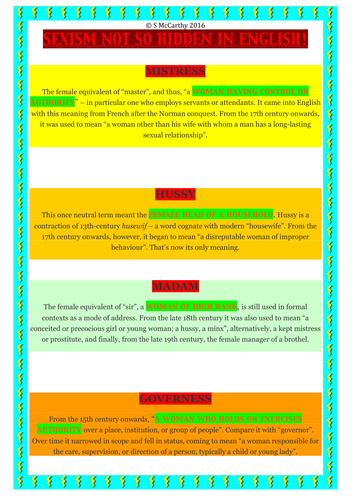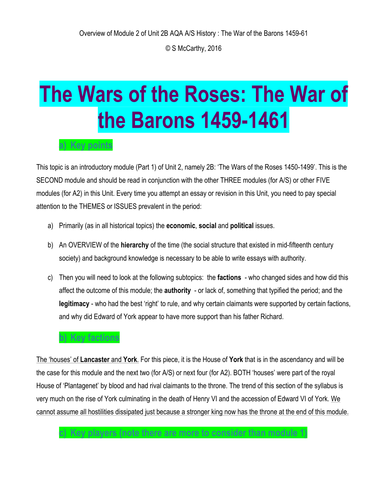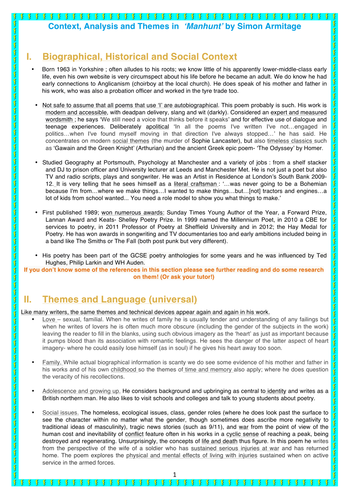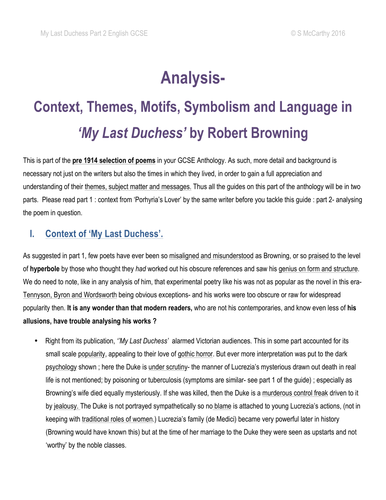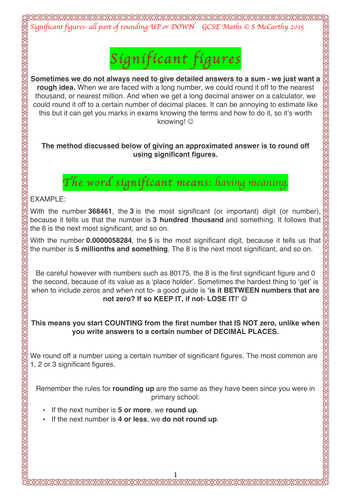Top Class Guides for students of all ages!
Here will be listed a wide range of subject guides from aged 5 to adult. They are the product of years of teaching experience and are proven to help with understanding and improving grades. We have 100s of guides so if you're looking for something and can't find it- just ask! Bespoke guides on almost any subject and any level can be available on request.


